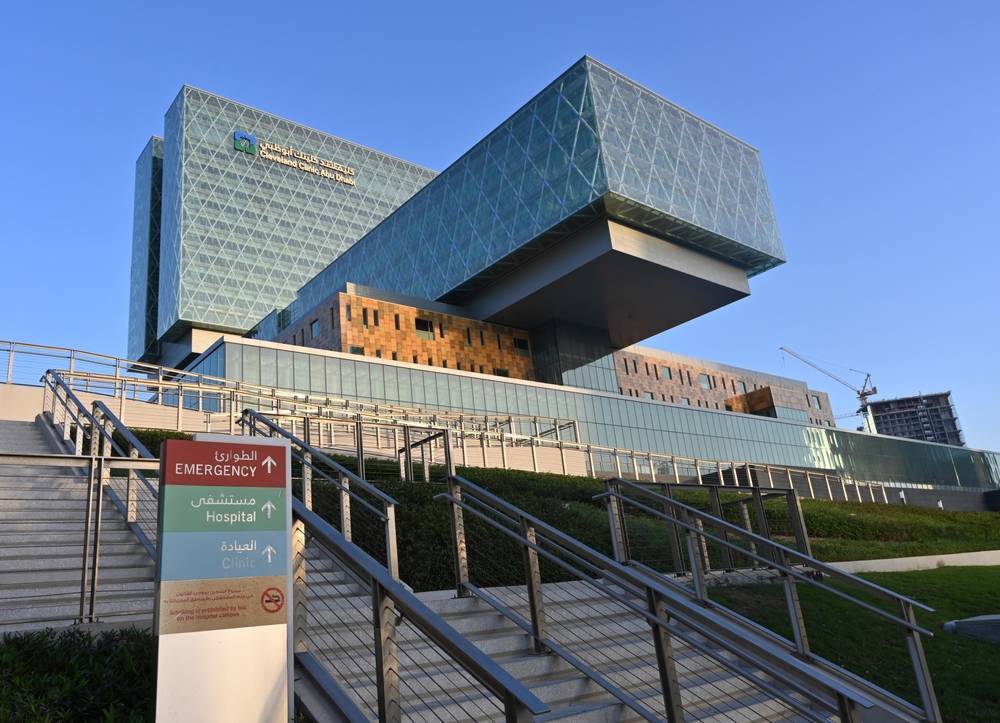The Ministry of Health and Prevention in the United Arab Emirates (UAE) is set to launch a comprehensive “Smart Digital Health” regulatory framework by the end of the year, requiring all healthcare providers in the country to offer at least one form of remote service.
The framework aims to promote the digitisation of healthcare services. This is in light of rapid developments in technological advancements in the healthcare sector. Also, it defines the roles and responsibilities of medical facilities, as well as patients’ rights. The move will be applicable to both public and private sector healthcare providers in the UAE.
The Head of Strategy and Investment Section, Digital Health Department, Shaikha Hasan Al Mansory, revealed this in her speech. She said that under the new regulatory framework, all healthcare providers in the UAE will have to mandatorily offer at least one of four forms of remote health services to their patients. These include consulting, prescribing medications, monitoring patients, or performing robotic surgeries. The ministry is requiring medical facilities to report about their current virtual or telemedicine services. The ministry will assist them in offering at least one of these services by the end of this year if they have not done so.
Promoting Remote Services to Support Medical Tourism
Al Mansory emphasised the importance of having these basic services in place. Emphatically, especially as the UAE is moving towards medical tourism. She pointed out that the regulatory framework will also set clear regulations for healthcare providers. This will ensure medical responsibility when it comes to the diagnosis and prescription of medicines and telemedicine services.
Regulating Remote Health Services
The comprehensive healthcare regulatory framework aims to regulate all remote health services. Additionally, it aims to promote the adoption of remote healthcare services. It also defines the roles and responsibilities of healthcare providers and patients. By mandating that healthcare providers offer at least one form of remote service, the framework ensures that patients have access to convenient and cost-effective healthcare services, even in remote areas.
In the rest of the Middle East, E-services have been gaining traction, with providers seeing up to 10 per cent of their outpatient consultations move to virtual platforms. The global remote healthcare market is set to hit 526 billion dollars by 2031.
Transitioning Towards Digitisation in Healthcare
As technological advancements continue to change the healthcare industry, promoting the usage of remote healthcare services is becoming more important. The regulatory framework launched by the Ministry of Health and Prevention in the UAE is a step in the right direction towards achieving a fully digitised healthcare system. The regulatory framework will promote the adoption of remote healthcare services and encourage healthcare providers to embrace digitisation in healthcare. Consequently, it will improve the quality of healthcare services and ensuring that patients receive the care they need, when they need it.

